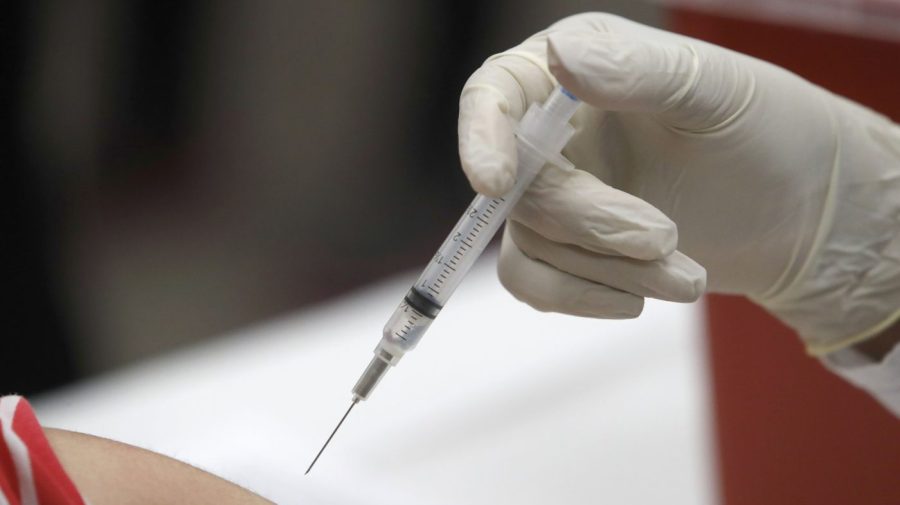Early estimates on the effectiveness of this year’s flu vaccines indicate they may be less effective at preventing hospitalization than in years past, based on data from South America, where the annual flu season occurs earlier.
According to a report from the Centers for Disease Control and Prevention (CDC), the flu shot appeared to be 34.5 percent effective at preventing hospitalizations this year in countries like Argentina, Brazil, Chile, Paraguay and Uruguay.
During the 2023 flu season in these same countries, the vaccine efficacy against hospitalizations due to the flu was estimated to be about 52 percent.
The new data was based on influenza cases that occurred between March and July of this year.
The report noted that the vaccine still “significantly lowered the risk for hospitalization.”
“Although Southern Hemisphere influenza VE is not necessarily predictive of Northern Hemisphere VE, it can help the Northern Hemisphere plan contingencies for vaccination demand and use,” the CDC’s Morbidity and Mortality Weekly Report (MMWR) stated.
“These data suggest that influenza vaccine demand was still low post–COVID-19 but that vaccination prevented approximately one third of influenza-associated hospitalizations among groups at high risk for influenza-associated complications.”
Flu vaccination coverage has been on the decline in the U.S. in recent years, with less than half of the population over six months getting the shot since the 2022-2023 season. Last year, 47.2 percent of the population over six months got the shot.
The CDC’s weekly report noted that flu vaccine coverage in the South American countries were still below pre-COVID-19 norms.
“This finding is consistent with postpandemic declines in vaccination coverage across the Americas associated with vaccine misinformation, hesitancy, and disruptions in routine immunization services, prevalent during the COVID-19 pandemic,” stated the report.
This year’s flu season will be the first time that adults in the U.S. will be able to administer their own flu vaccines at home without the presence of a healthcare professional. The FDA approved a nasal spray as the first self-administered flu vaccine last month.

